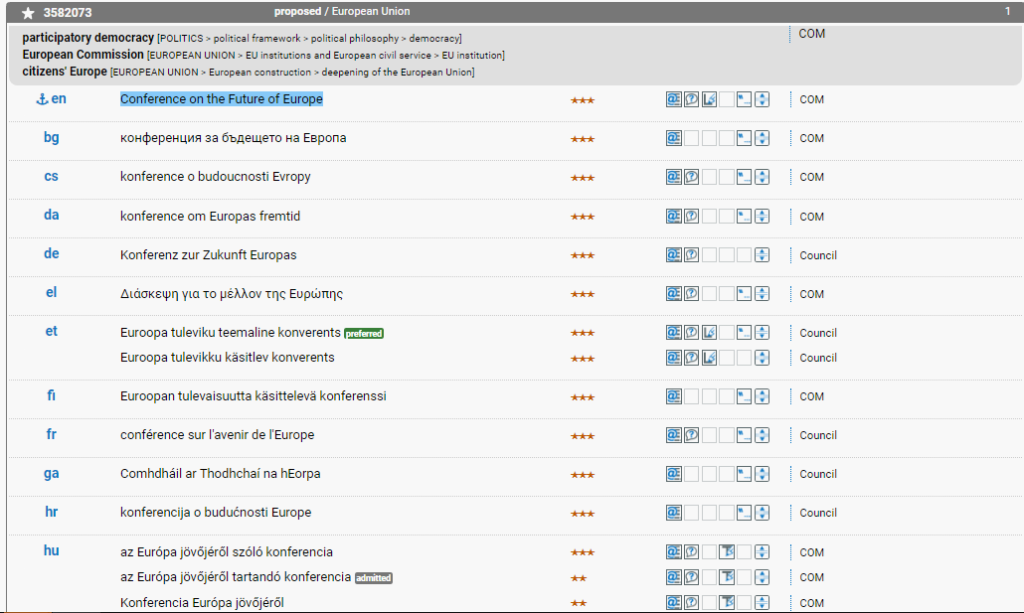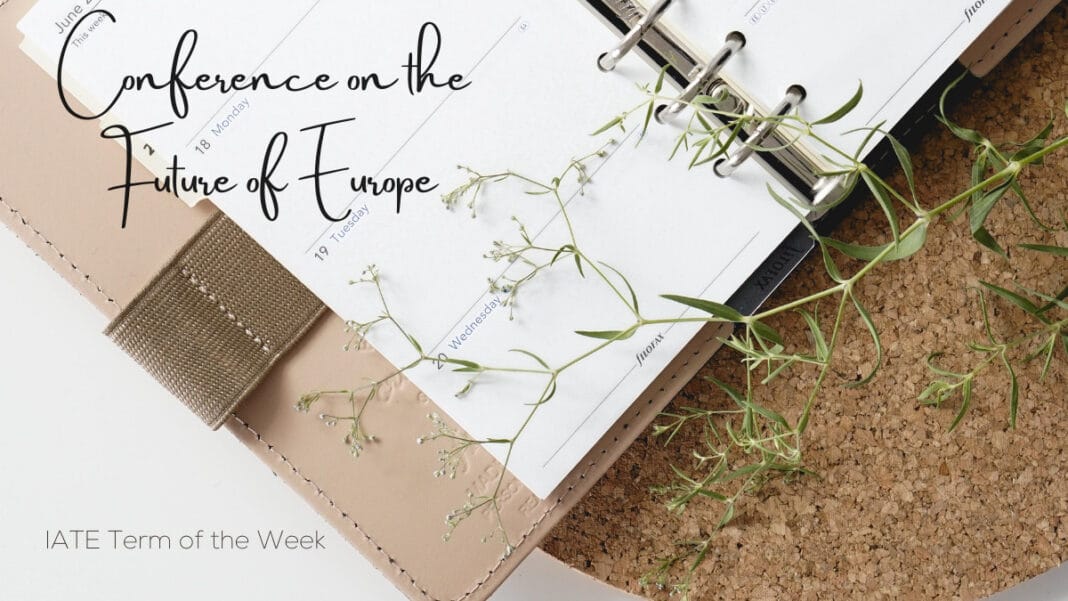A joint declaration of the presidents of the European Parliament, Commission and Council of the European Union set the scene for the Conference on the Future of Europe.
On 10 March, after negotiations and preparations slowed down by the coronavirus outburst, David Sassoli, Ursula von der Leyen and the Portuguese Prime Minister António Costa officially launched the final stage leading up to the unprecedented event. The Conference, called a pan-European democratic exercise, will start on 9 May – the anniversary of the Schuman Declaration. Its conclusions should be known by spring 2022.
The scope of the Conference is to give citizens a platform to debate EU policies and express their visions of Europe for future generations. During the ceremony in Brussels, President of the European Commission Ursula von der Leyen said: “Today we are inviting all Europeans to speak up. To say what Europe they want to live in, to shape it and join forces to help us build it. Citizens’ expectations are clear: they want to have their say on the future of Europe, on matters that affect their lives. Our promise today is equally clear: we will listen. And then, we will act.”[1]

A months-long series of discussions and panels is a new way to connect citizens of all backgrounds with EU officials and top decision-makers. At the heart of the event, there will be a multilingual digital platform allowing users to share ideas online. The organisation of the Conference is a shared responsibility of the Parliament, Commission and Council. Ensuring “inclusiveness, openness and transparency” during all debates will be the priority. To make sure citizens’ opinions and ideas are heard and taken into consideration at EU level, a special feedback mechanism will be put in place. “It’s essential that this exercise leads to concrete actions, legislative changes, treaty changes – if this is desired and wished for” – said the President of the European Parliament, David Sassoli.
Health threats, the economic crisis and other challenges of the pandemic era are not the only topics fiercely discussed across Europe in 2021. The declaration signed by EU leaders mentions social fairness and equality, green and digital transformations, the definition of common rights and values including the Rule of Law, as well as Europe’s position on the international stage. In the end, participants themselves will decide the final shape of the agenda.
References:
European Parliament. 2021. Building tomorrow’s Europe: EU paves way for Conference on the Future of Europe | News | [ONLINE] Available at: https://www.europarl.europa.eu/news/en/headlines/eu-affairs/20210304STO99236/building-tomorrow-s-europe-eu-paves-way-for-conference-on-the-future-of-europe. [Accessed 17 March 2021].
European Parliament. 2021. Future of Europe: Engaging with citizens to build a more resilient Europe | News | [ONLINE] Available at: https://www.europarl.europa.eu/news/en/press-room/20210304IPR99242/future-of-europe-engaging-with-citizens-to-build-a-more-resilient-europe. [Accessed 17 March 2021].
European Commission – European Commission. 2021. Press corner | European Commission. [ONLINE] Available at: https://ec.europa.eu/commission/presscorner/detail/en/IP_21_1065. [Accessed 18 March 2021].
Joint Declaration on the Conference on the Future Of Europe. Available here.
POLITICO. 2021. EU finally approves Conference on the Future of Europe – POLITICO. [ONLINE] Available at: https://www.politico.eu/article/eu-leaders-eu-sign-off-conference-on-the-future-of-europe. [Accessed 17 March 2021].

Written by Magdalena Sikorska. She holds a Bachelor in Italian Language and Literature as well as master’s degrees in Journalism and Social Communication and Polish Philology.

